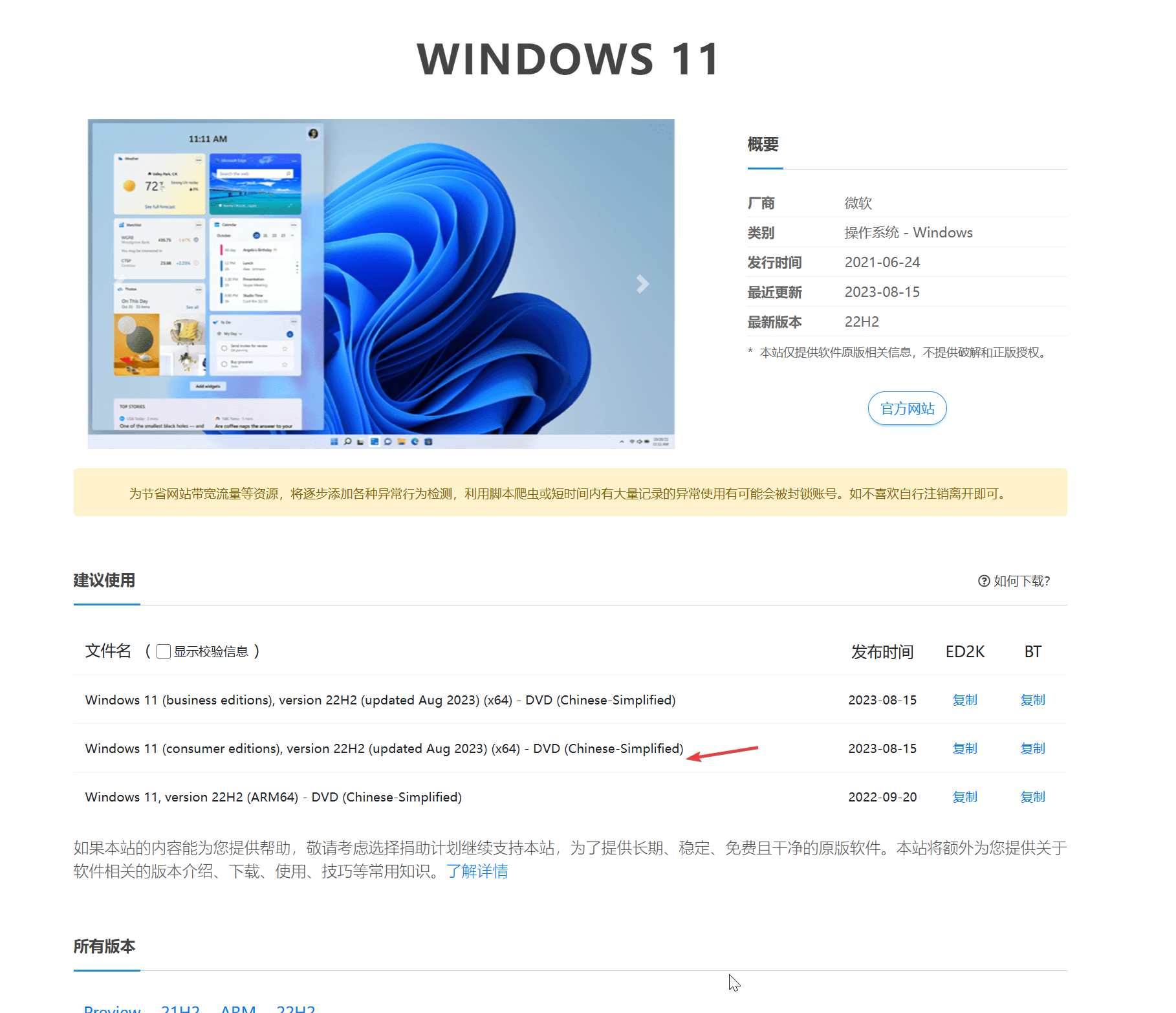Understanding Home Equity vs Personal Loan: Which is Right for You?
#### Home Equity vs Personal LoanWhen it comes to borrowing money, two popular options are home equity loans and personal loans. Both have their advantages……
#### Home Equity vs Personal Loan
When it comes to borrowing money, two popular options are home equity loans and personal loans. Both have their advantages and disadvantages, and understanding these can help you make an informed decision based on your financial situation.
#### What is Home Equity?
Home equity refers to the portion of your home that you truly own, calculated as the current market value of your home minus any outstanding mortgage balance. Home equity loans allow homeowners to borrow against this equity, providing a lump sum of money that can be used for various purposes, such as home renovations, debt consolidation, or major expenses.
#### What is a Personal Loan?
A personal loan, on the other hand, is an unsecured loan that can be used for a wide range of purposes, including medical bills, vacations, or home improvements. Unlike home equity loans, personal loans do not require collateral, which means they are not tied to any asset, making them a more flexible borrowing option.
#### Key Differences Between Home Equity and Personal Loans
1. **Collateral Requirement**:
- Home equity loans require collateral, which is your home. If you fail to repay the loan, you risk losing your home.

- Personal loans are unsecured, meaning you don’t have to put up any collateral. However, this often results in higher interest rates.
2. **Interest Rates**:
- Home equity loans typically offer lower interest rates compared to personal loans because they are secured by your home.
- Personal loans usually have higher interest rates, reflecting the increased risk to the lender.
3. **Loan Amounts**:
- Home equity loans often allow for larger borrowing amounts, often up to 80-90% of your home’s equity.
- Personal loans generally have lower borrowing limits, depending on your creditworthiness and income.

4. **Repayment Terms**:
- Home equity loans usually come with longer repayment terms, often ranging from 5 to 30 years.
- Personal loans tend to have shorter repayment periods, usually between 2 to 7 years.
5. **Tax Implications**:
- Interest paid on home equity loans may be tax-deductible if the funds are used for home improvements.
- Interest on personal loans is generally not tax-deductible.
#### When to Choose Home Equity

If you have significant equity in your home and are planning a large expense, such as a renovation or paying off high-interest debt, a home equity loan might be a suitable option. This is especially true if you can secure a lower interest rate compared to other borrowing options.
#### When to Choose a Personal Loan
A personal loan may be more appropriate if you need a smaller amount of money quickly and do not want to risk your home. This option is also ideal for those who may not have enough equity built up in their homes or prefer not to leverage their property.
#### Conclusion
In summary, the choice between a home equity loan and a personal loan depends on your financial needs, the amount you wish to borrow, and your willingness to use your home as collateral. By carefully weighing the pros and cons of each option, you can make a decision that aligns with your financial goals and circumstances. Always consider consulting with a financial advisor to explore the best option tailored to your specific situation.